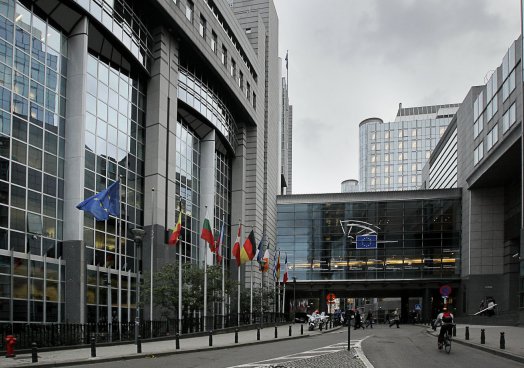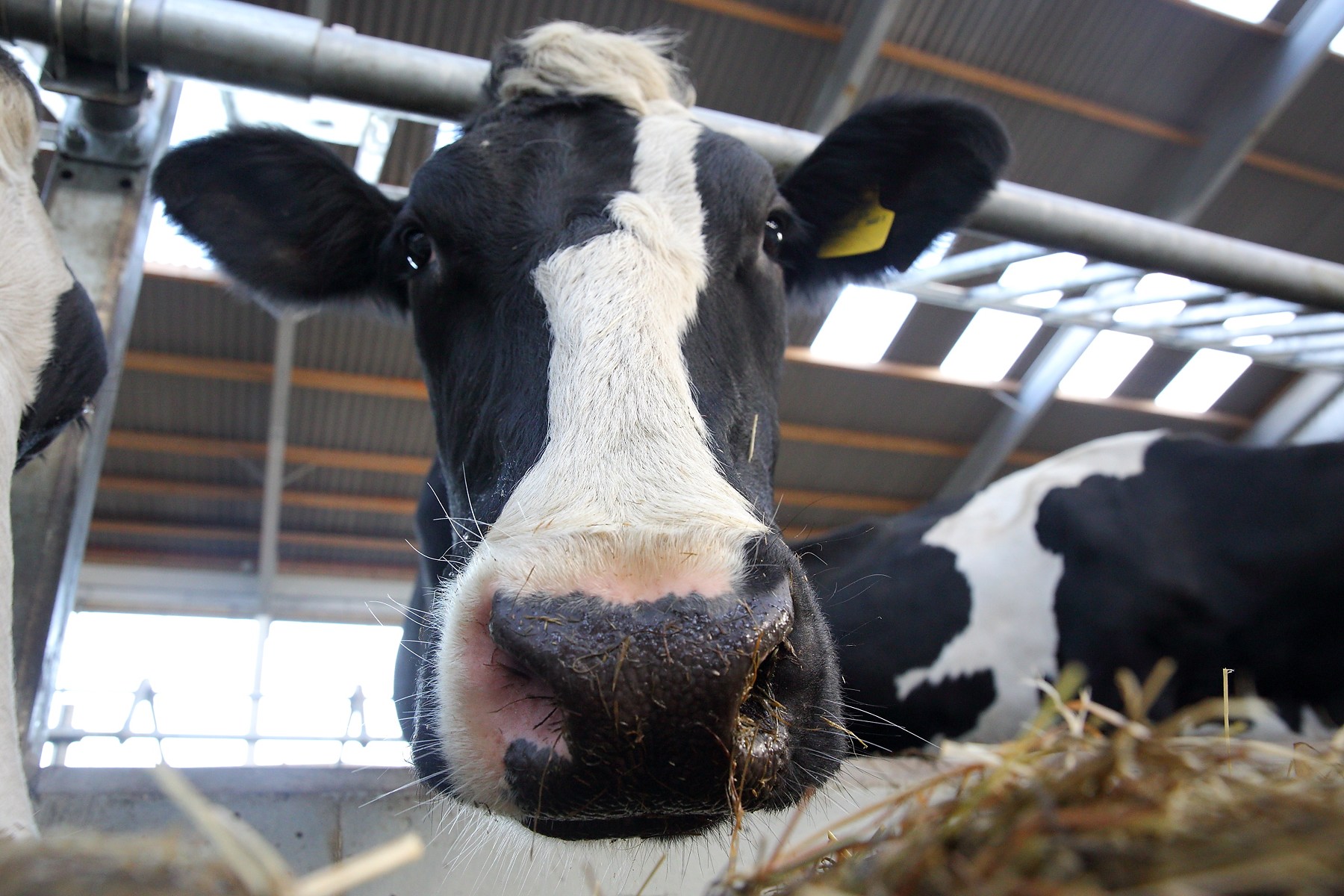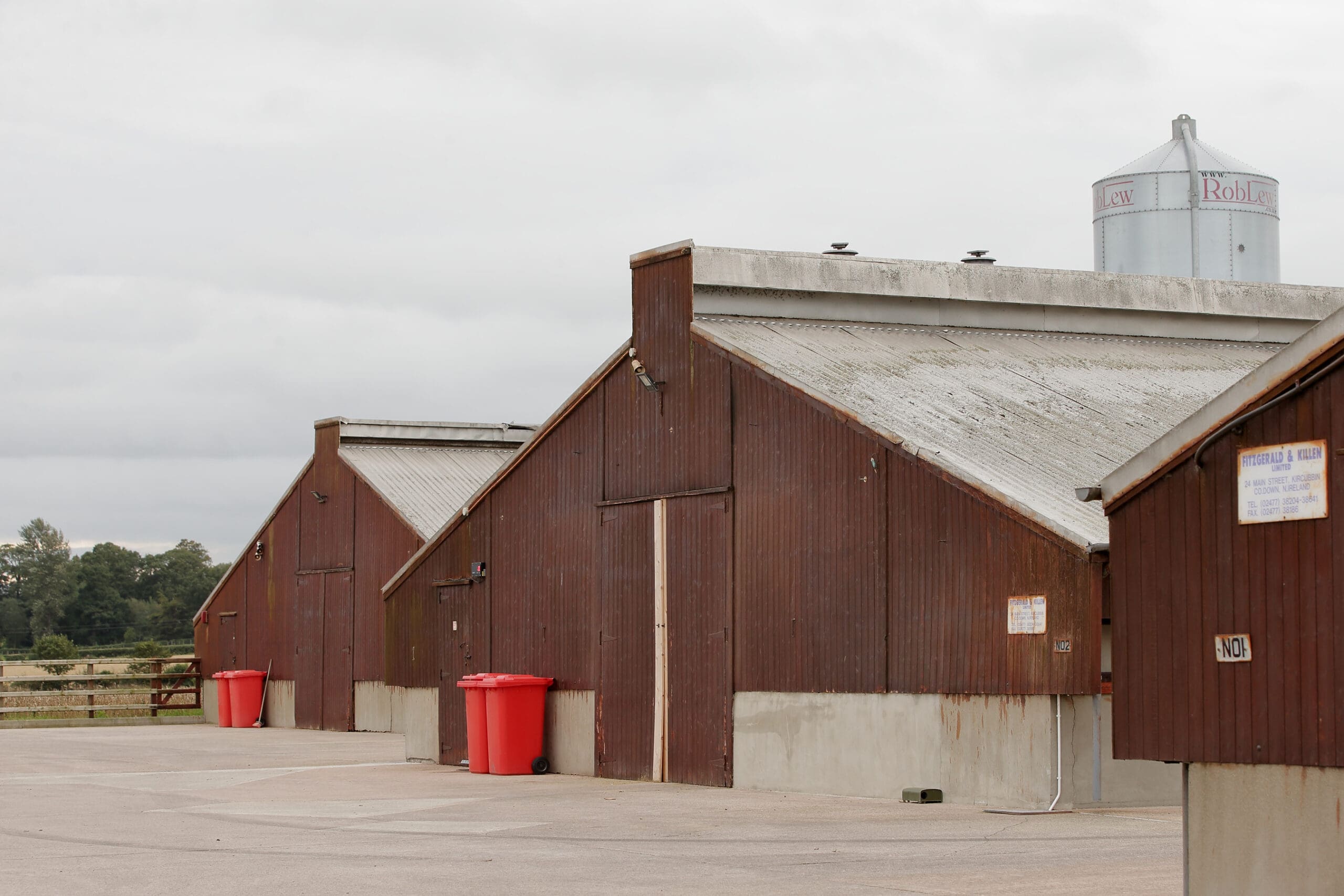
Copa Cogeca April Praesidium
Last week, Officeholders from the four UK Farming Unions (NFU, NFUS, UFU and NFU Cymru) will be in Brussels for the Copa Cogeca Praesidium. Alongside meeting with European Farming Union Presidents, the team will meet with the Permanent Representation of Denmark to the European Union, who take over the rotating Presidency of the Council of the EU in July, to discuss animal welfare and NGTs, and Bernard van Goethem, Director in DG SANTE to discuss topics including plant and animal health, and Lindsay Appleby, UK Ambassador to the EU.
Foot and Mouth
On Thursday 17 April, Hungary reported its fifth case of FMD. According to press, the farm has 600 cows. Whilst the farm is in the same county as the other infected farms (Győr-Moson-Sopron), it is in the town of Rábapordány, which is >30 km from the other infected premises:
- 32km from Darnezseli
- 34km from Kisbajcs
- 40km from Level
- 44km from Dunakiliti
The number of infected premises in Slovakia remains at 6, with the last report on 4 April. For more information click here.
EU agri-food imports and exports reached record levels in 2024
EU agri-food imports and exports reached record levels in 2024 EU agri-food exports reached a record level of EUR 235.4 billion in 2024, an increase of 3% compared to the peak in 2022 and 2023 (+ EUR 6.6 billion). The UK and the US are the top destinations of EU exports, while exports to China and Russia decreased. The EU kept exporting a diversified basket of products, topped by exports of cereal preparations, dairy products and wine. The value of olives and olive oil, and cocoa products increased the most, due to strong price increases, while exports of cereals declined due to reduced prices and volumes. EU agri-food imports also reached a record level of EUR 171.8 billion in 2024, an increase of 8% compared to 2023 (+ EUR 12.4 billion), slightly topping the record reached in 2022. This was primarily driven by a steep increase in the price of imports of cocoa, coffee, and fruits and nuts. These were also the most imported product categories by the EU, together with oilseeds and protein crops. The EU continued to import agri-food products from a diverse set of trade partners, with Brazil, the UK and Ukraine as the top sources. Imports increased from Côte d’Ivoire, Ukraine and Nigeria, while they decreased from Russia and Australia. Overall, the stronger growth in import value led to a decline in the EU agri-food trade balance that reached EUR 63.6 billion, EUR 5.8 billion (-8%) less than the record level in 2023.




